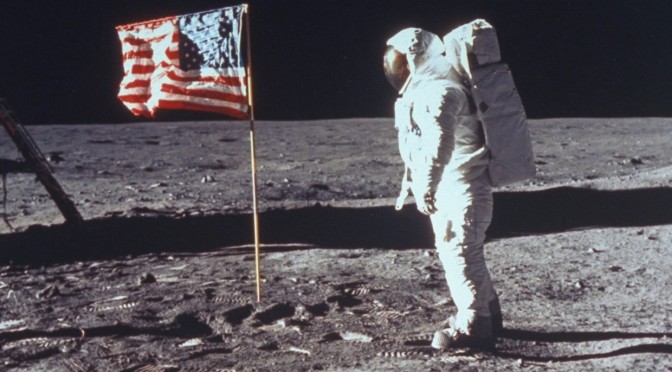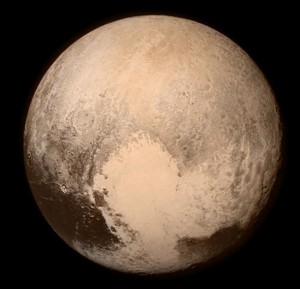My whole life I’ve been something of a nerd. I’ve been pretty honest about that on this blog. But the thing that I never quite talk about is just how much Issac Asimov impacted my life as a kid. No, not his fiction books, but his non-fiction.
You see, while everyone remembers Issac Asimov for his fictional works about robots and space, he was also quite accomplished as a non-fiction author who put together books about science. In fact, he wrote a few directed at kids and I loved the hell out of those things when I was younger. Other kids in my school would be drawn towards the likes of Goosebumps, I found myself sitting down with science books telling me about a world more fantastic than I thought could be possible – one we could touch. It was the work of Asimov and others like him that showed me things that I never thought possible. That’s what I’ll always really remember him for.
But to say I was one of the few would be an understatement. Like I said, most kids in my class were looking at the likes of Goosebumps and were a bit baffled by my interest in all things space, robots, and dinosaurs. You look at the way our society treats science and you could honestly say that was true of the whole country for a long time. But then, as the internet started to grow, something started to change. Suddenly science could become a meme and that meme would be awesome. Hell, look at this picture of Pluto and realize how many times you’ve likely seen it this week.
But while this kind of enthusiasm has been spreading, a counter-opinion has been growing as of late as well. Essentially, I’ve heard far too many people say that fans of places like “I Fucking Love Science” aren’t, in fact, fans of science – just memes. Too often I hear these people complaining about this popularity of science and science fiction as being just an internet fad. Basically, it’s the more important version of the ridiculous “fake geek” argument that always crops up.
But, you know what? If we’re ever going to get off this rock, we need that fad. Continue reading Popular Science



